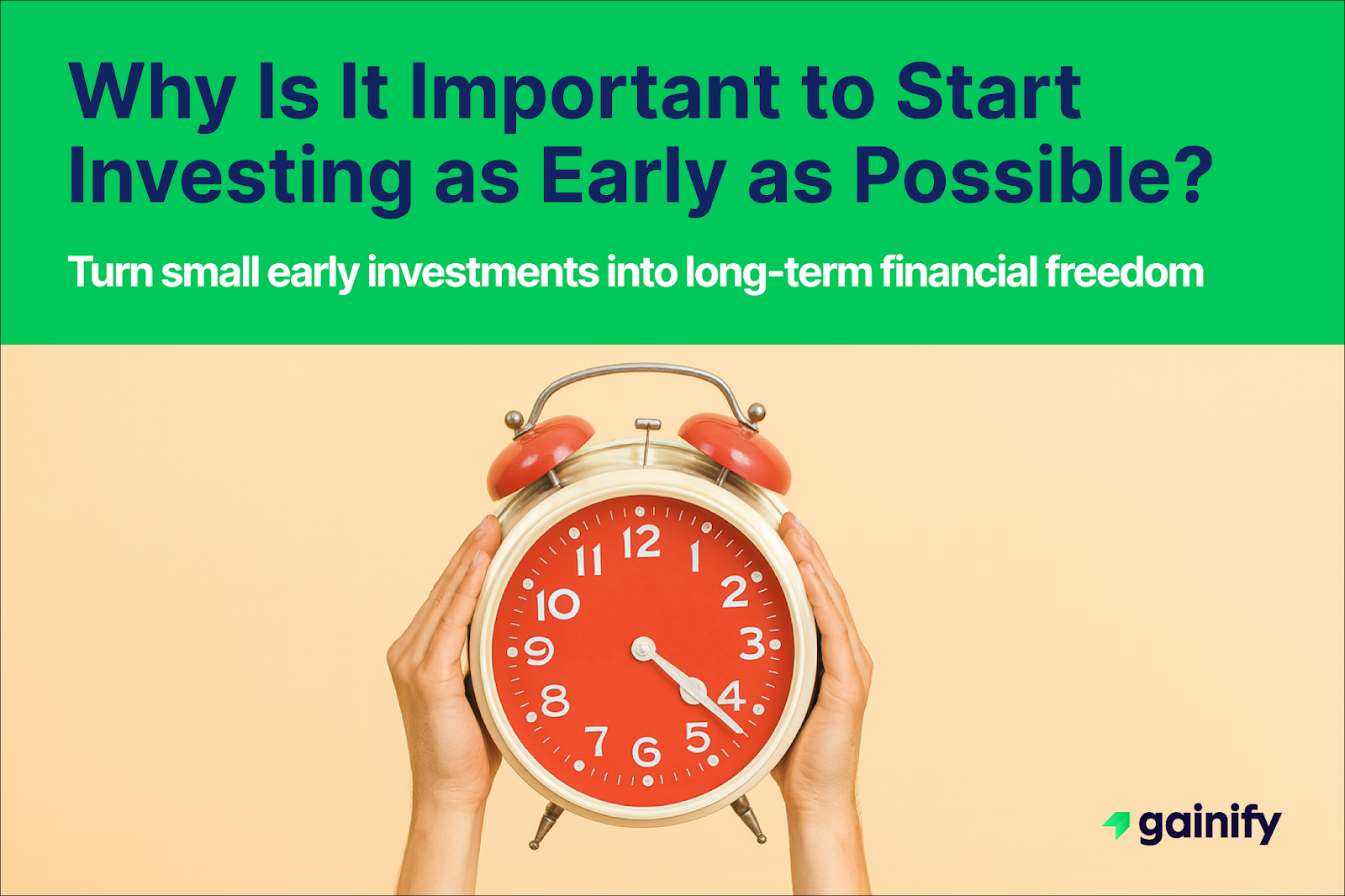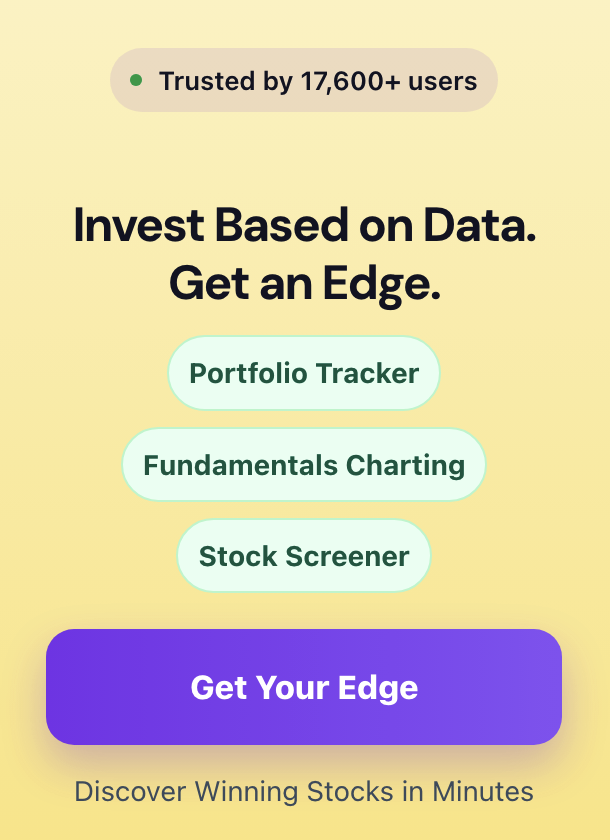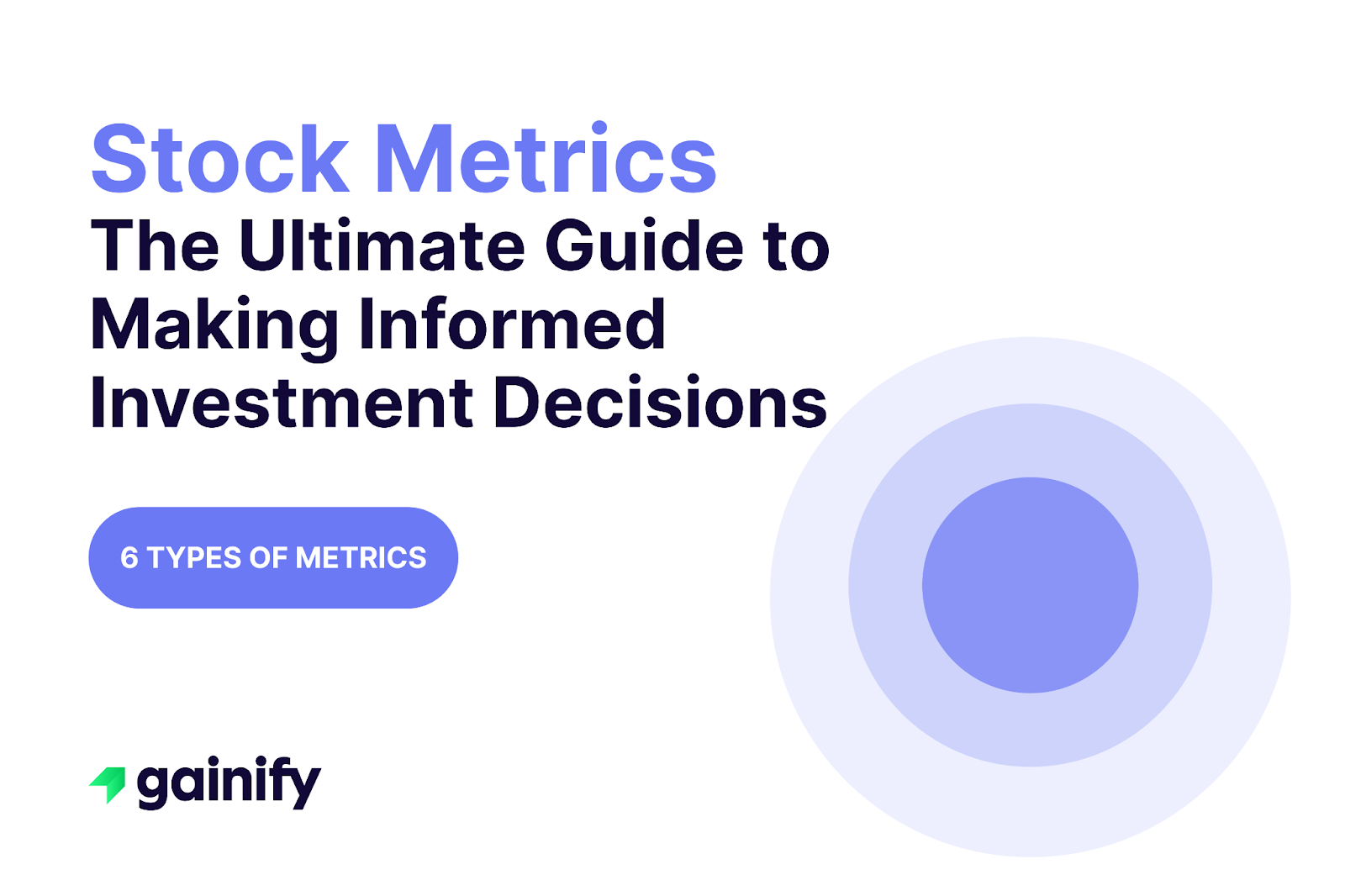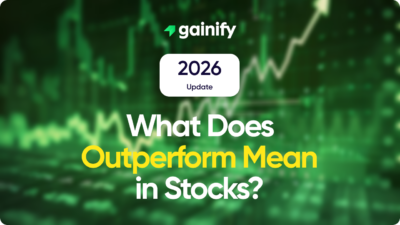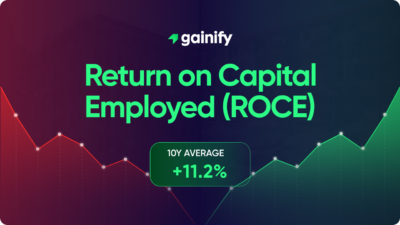There’s a reason nearly every successful investor emphasizes one principle above all others: START EARLY.
The earlier you begin investing, the more time your money has to grow. Investing isn’t only about picking the right stocks or trying to beat Wall Street. It’s about giving your money the time it needs to work for you across a wide range of investment options, including individual stocks, mutual funds, and exchange-traded funds.
If you’re in your 20s or even your teens, the idea of investing might feel far off.
But in reality, time is the most powerful asset you have. The difference between starting at 22 versus 32 isn’t only ten years. It could mean hundreds of thousands of dollars over your lifetime in savings.
Delaying the start of your investment journey shrinks the number of compounding cycles your money can benefit from.
Investing early helps build habits that align with your long-term financial goals. Whether you’re saving for retirement, planning to buy a home, or building an emergency fund, consistent contributions early on make a huge difference. When your strategy is aligned with your time horizon, risk tolerance, and financial needs, the path forward becomes much clearer.
This article will show you why early investing is one of the smartest financial decisions you can make. You’ll learn how compound interest builds wealth over time, how to navigate different investment avenues, and how to develop the mindset for financial independence. By the end, you’ll see why early action creates more freedom, security, and opportunity down the road.
1. The Power of Compound Interest
Compound interest is what happens when your earnings generate their own earnings, creating a snowball effect. With consistent automatic contributions, even modest monthly amounts can lead to serious growth.
Albert Einstein reportedly called compound interest “the eighth wonder of the world”. Whether or not he said it, the idea still holds: compound interest rewards consistency and time more than large one-time bets.
If you invest $200 per month starting at age 22, by the time you reach 60, you’ll have invested $91,200. With 8% annual returns, your portfolio could grow to over $596,000. Starting at 32 instead, investing the same amount each month, you would end up with only $261,000 by age 60 – less than half.
Start Age | Monthly Contribution | Total Invested | Portfolio at Age 60 (8% Return) |
22 | $200 | $91,200 | $596,000 |
32 | $200 | $67,200 | $261,000 |
42 | $200 | $43,200 | $108,000 |
This table shows how starting early gives your money more time to benefit from compounding returns. Keeping cash in bank accounts, savings accounts, or money market accounts may feel safe, but these rarely keep pace with inflation. Over long periods, investing in asset classes like stocks or growth funds typically offers far superior results.
2. Risk Mitigation Through Time
Markets can fluctuate in the short term. Over time, however, they tend to rise. Starting early gives your money more time to recover from downturns and benefit from long-term trends.
With a longer investment horizon, short-term market losses become less concerning. A 25-year-old investing in a broad U.S. stock market index can ride out market swings, economic conditions, and global uncertainty, including shifts in emerging markets.
You also have greater risk-taking ability in your early years. This gives you more flexibility to explore higher-growth options like dividend-paying stocks, growth funds, or mutual funds. As you approach your goals, you can transition into more stable investment options such as interest income-producing assets or retirement plans.
Investing early also prevents emotional decision-making during downturns. You’re less likely to sell in a panic and more likely to follow a plan, especially with support from a financial advisor or wealth advisor.
3. Builds Good Financial Habits Early On
Investing early helps build financial discipline and long-term focus. By consistently setting aside even a small portion of your income, you create habits that support key financial goals. These might include building an emergency fund, saving for a down payment on your first home, or growing your retirement savings.
Over time, you gain experience with how different investment options work. You learn to evaluate fees and expenses, use financial calculators, and track your investment performance with more confidence. You also become more skilled at choosing the right mix of asset classes based on your risk tolerance, financial goals, and time horizon.
Starting early shapes a mindset that values long-term planning over short-term reactions. When markets fluctuate, you are more likely to stay calm and stick to your plan, instead of making emotional decisions.
You also become comfortable using tools that support consistency, such as Gainify for equity research. You begin to understand how dividend payments add to your returns and how your portfolio may need to evolve as your life and priorities change. Early investing gives you the time to learn, adjust, and grow steadily.
4. Greater Financial Freedom and Flexibility
Investing early creates choices later in life. The more time your money has to grow, the more freedom you gain to make life decisions that aren’t driven by financial pressure.
Instead of being locked into one path, you have the ability to:
- Start a business without depending entirely on outside funding
- Take a sabbatical or career break without draining your savings
- Switch careers or return to school without starting from zero
- Travel or relocate while still keeping your financial goals intact
When you build a strong portfolio over many years, your investments can start generating passive income. This might come from dividends, interest income, or long-term capital gains. As your assets grow, you reduce the need to rely on a single paycheck to cover your monthly expenses.
Early investing gives you control over your timeline. Instead of working longer because you have to, you can choose to work because you want to.
You also become less reactive to market volatility. A well-structured portfolio can help you navigate ups and downs without panic. You are better prepared for unexpected life events and can adapt without having to make sudden financial sacrifices.
Freedom in personal finance is not about having the most money. It’s about having enough to live life on your own terms. And that starts with giving your money enough time to grow.
5. Leverage Tax-Advantaged Accounts Early
Starting early with tax-advantaged accounts gives you one of the biggest advantages in long-term investing. These accounts are designed to reward consistent savers by minimizing or eliminating taxes on investment growth.
Here’s how they work:
- 401(k) plans let you contribute pre-tax income, lowering your taxable income today. Your investments grow tax-deferred, and you pay taxes only when you withdraw the funds in retirement.
- Roth IRAs are funded with after-tax income. While you don’t get an upfront deduction, both your investment growth and withdrawals in retirement are entirely tax-free under qualified conditions.
The earlier you start contributing, the more years your money has to grow without being reduced by annual taxes on interest, dividends, or capital gains.
Let’s say a 22-year-old consistently maxes out their Roth IRA each year at $7,000. By age 60, their account could grow to over $1 million and every dollar of it could be withdrawn tax-free.
Many employers also offer 401(k) matching contributions, which is essentially free money added to your retirement savings. Not taking advantage of it is like leaving part of your paycheck on the table.
Starting young gives your investments more time to compound in a tax-efficient environment, creating greater flexibility, stronger retirement savings, and fewer tax burdens later in life.
Conclusion: Time Is Your Greatest Asset
The sooner you start investing, the more power you give your money to grow. Whether it’s going into mutual funds, retirement accounts, or carefully chosen investment options, time multiplies every dollar you contribute.
Even small, steady contributions can lead to significant long-term gains. You’re not simply saving – you’re laying the foundation for freedom, opportunity, and long-term financial security.
As the old saying goes, “The best time to plant a tree was 20 years ago. The second-best time is now.”
Start today. Make it a habit. Over time, compounding will do the work you can’t.
